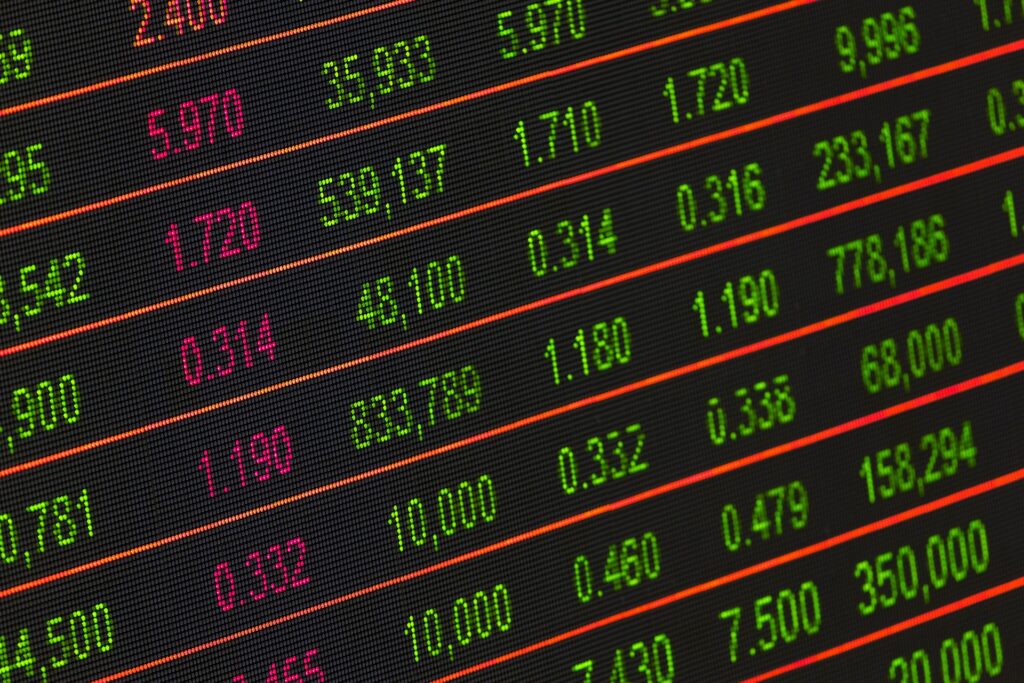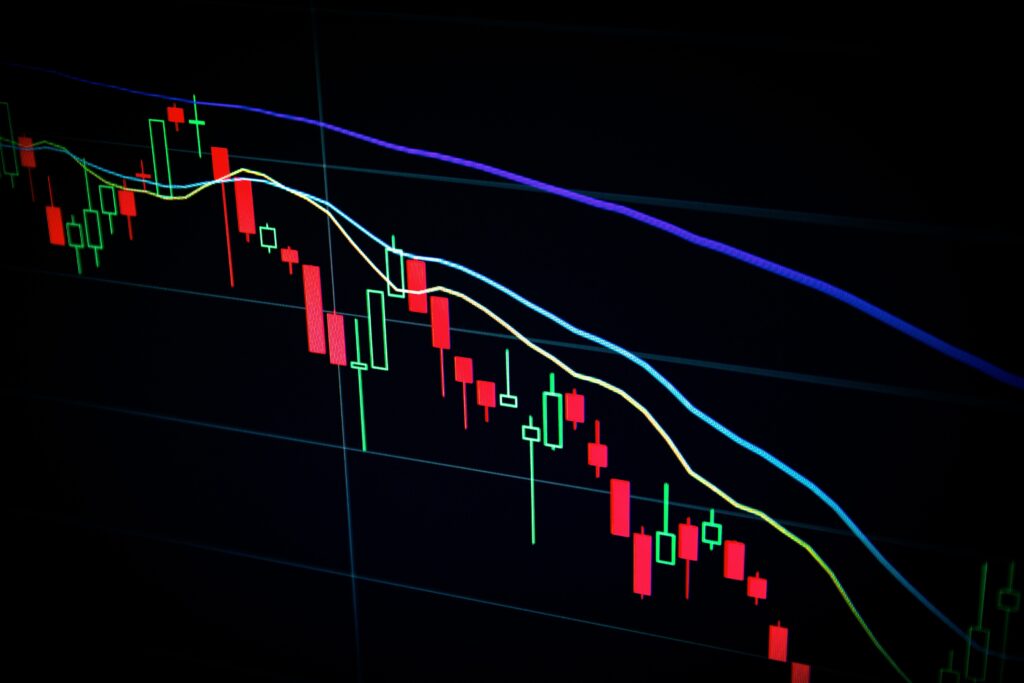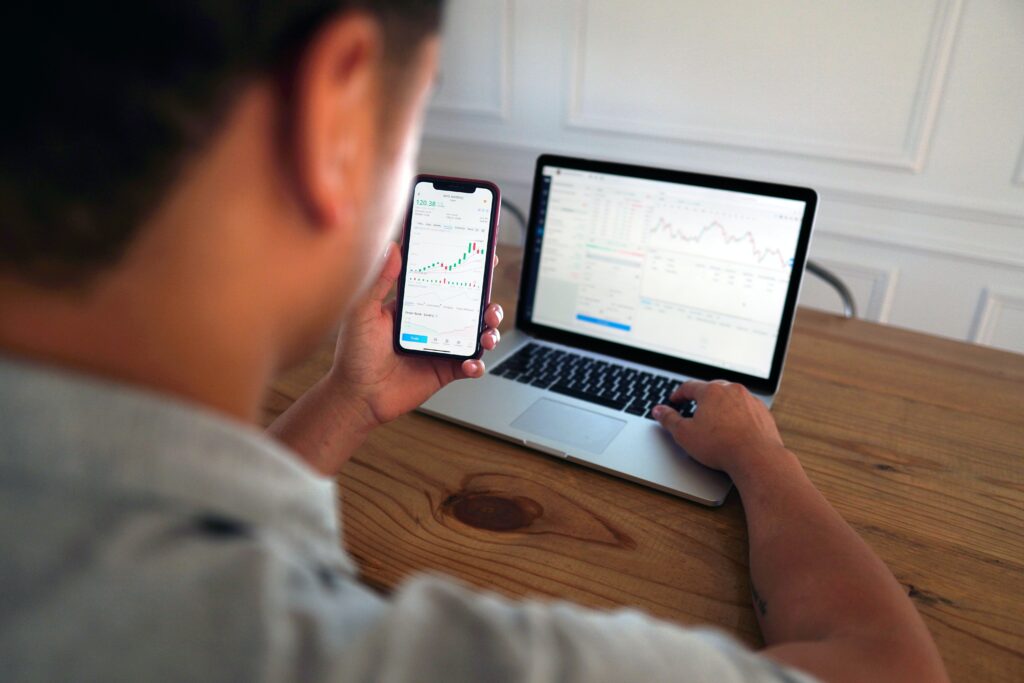What is Day Trading?
To fully understand how day trading works, imagine that you are holding a fish. You are planning for that fish to be sold within the day because you don’t want it to be spoiled.
What you do next is you look for buyers that will give you the highest profit, and once you are satisfied with the price the buyer is willing to pay, the sale is made.
It is also the same with the day trading in the stock market. You buy a stock, and sell it by following your chosen intraday strategy, then repeat. It seems easy right? But before you buy the stock you think will go higher in any minute, equip yourself first with knowledge. Remember the common saying in the trading world, “The higher the profits, the higher the risks.”
Now that you’re familiar with the basics of the stock market, let us now go through the day trading fundamentals.

Day trading refers to the practice of purchasing and selling of stocks within a single trading day. This type of trading is unlike other investing practices because they hold their securities, but only for a day. It also employs a variety of techniques and strategies to capitalize or profit off from the price changes which heavily relies on events that will make the market react, and market sentiments are taken advantage.

Traders who prefer day trading usually uses large amounts of capital, and strictly follow their short-term trading strategies. While the number of trades executed vary with each day trader, and it seems enticing to take profits quickly, this kind of trading is highly susceptible to volatility and risks.
Why Most People Fail At Day Trading

FAILING TO PLAN
For those of you that would want to start immediately in day trading, please stop if you do not have a concrete plan. You will actually lose money by doing that instead of achieving the ultimate goal of taking profits. Like what Benjamin Franklin says, “If you fail to plan, you are planning to fail!”
Take some time first to analyze a stock, analyze its chart readings, and come up with your own findings. Always do your due diligence, and researching before you actually do anything. List it down, plot out the support and resistance, and decide when you will enter and get out of the stock. Also, set you cut-losses, and take profits signals. This will help you minimize the risk you have in your portfolio, while maximizing the profits.

FAILING TO EXECUTE THE PLAN
The market is not an easy way to get rich. You have to understand the ins and outs of it, and get hold of your emotions as well to execute your trades objectively. You cannot just buy a stock, and hold it for a few hours, then expect the price to go up. Yes, there will be times that luck would be on your side and it might actually reward you with profits, but who knows about what your next trade would be like. Will it still be as successful and profitable? Will you always depend on luck, and stray away from the plan?
As much as failing to plan highly dictates the outcome of your trades, failing to execute a well-defined plan will also contribute to you losing your money. As a newbie in the trading world, there will be times that you may feel like you are on top of the world when you see that the stock you are holding is gaining profits. But when the market crashes and you fail to take profits, you start losing confidence as you see the losses on your portfolio. This could have been prevented, only if you have followed your plan. But do not get discouraged, because there will always be new opportunities, and consider it as learning.
FEAR OF MISSING OUT (FOMO)
This phrase does not only apply in the social world, but also in the trading world. This refers to fear of missing out on big opportunity in the markets, so the individual place a buy on a certain stock, without doing its due diligence, or in other words, “riding the hype”.
This kind of thinking actually affects even the most experienced day traders. Who wouldn’t want to get in a stock that seems to profit a lot of traders and has promising rewards? But this is not something you would want to do because in reality, you are actually feeling greedy, excited, jealous, or impatient in the market. The market will always go opposite of your trades if you are not objective, and you let your emotions rule over your trading practices. Remember that the market is volatile, and it is subject to the ups and downs. Experiencing FOMO will make you enter a phase where you enter a position, get scared, close it out, then re-enter, only to feel another anxiety and disappointed, which will eventually lead to bigger losses.

NOT ENOUGH KNOWLEDGE
Individuals who day trade without having sufficient knowledge or understanding of the market fundamentals often lose money. Since technical analysis and chart readings contribute greatly on how day
traders will execute their trades, the market consistently changes, and can deceive even the most experienced day traders.
If you want to be successful in day trading, you have to invest in yourself first by knowing the importance of developing a profitable trading plan, analyzing the why of the buy signals or sell signals of the stock, and set investment risks so you could actually maximize your profits. The only one who will do your trades will be you alone, so it is best that you take some time to actually study.

NO DISCIPLINE
If you think you do not have the syndromes from the above, this one is always a struggle to many. You might be doing your due diligence, and researching of the securities you want to buy, but if you fail to discipline yourself, you might fall into the trap of consecutive losses. Always be mindful when doing your trades, and look at them objectively. Keep yourself in check when you are gaining profits, as well as when you are incurring losses. You have to master disciplining yourself daily, and control yourself when there is a surge of emotions especially when you read some market sentiments. When you fail to discipline yourself with the small trades you are doing, how much more when you are already handling larger amounts of capital for a larger trade?
Want to learn more about cryptos? There’s a lot to learn. Learn cryptocurrency, blockchains, algorithmic trading, financial analysis, algorithmic trading, the stock market, and more in The Complete Python for Finance: Learn to Trade in 99 Days.


